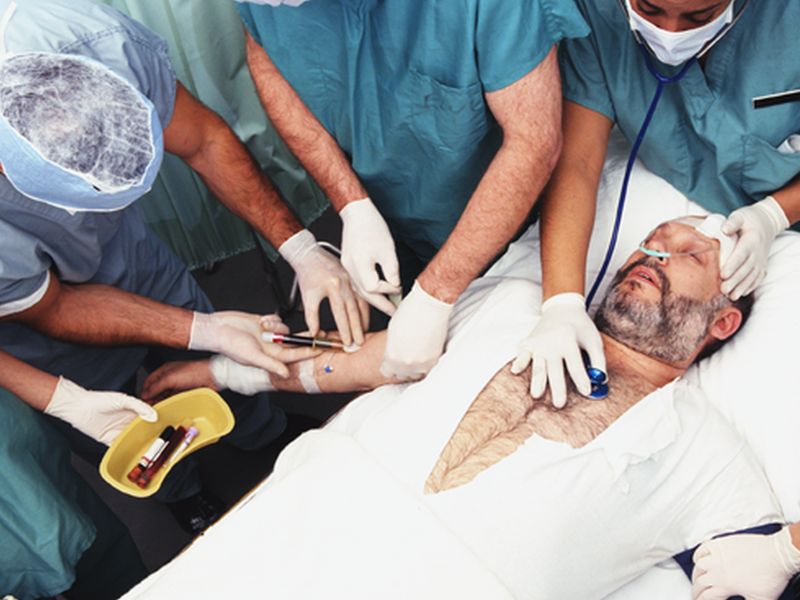1 in 5 Heart Pacemaker Patients Prescribed Opioids After Surgery

MONDAY, Oct. 21, 2019 (HealthDay News) -- Opioid painkillers are prescribed to 1 in 5 patients who get a pacemaker or other implantable heart device, a new study finds.
It included more than 16,500 U.S. adults who had heart devices implanted between 2010 and 2018.
After their procedures, opioids were prescribed to about 20%. Of those, 80% had never taken opioids before. Among those patients, more than 9% refilled their prescription.
Nearly 40% received more than 200 oral morphine equivalents on prescription, according to the researchers.
The study was published Oct. 21 in the journal HeartRhythm.
"The explanation for this high number of opioid prescriptions could be due to various reasons including provider factors, patient factors, and social norms," said first author and cardiologist Dr. Justin Lee, from the Mayo Clinic in Rochester, Minn.
Specific factors include a doctor's pain management training and prior experiences; patients' expectations of pain control and other health issues; as well their individual sensitivity to pain, the researchers found.
"We need to focus more on alternative pain management strategies to reduce the use of opioids after device procedures," Lee said in a journal news release.
Prescription opioids are a major contributor to the U.S. opioid epidemic. The researchers pointed out that more Americans die from prescription opioid overdose than from cocaine and heroin.
"There is a clear need for more studies and awareness of perioperative pain management after device procedures to reduce postoperative pain and postoperative opioid prescriptions," said co-author Dr. Abhishek Deshmukh, another Mayo Clinic cardiologist.
"This ranges from various intraprocedural techniques to reduce postoperative pain to considerations of using a combination of scheduled non-opioid medications for a better non-opioid pain control strategy," he added.
More information
The U.S. Centers for Disease Control and Prevention has more on prescription opioids.

The news stories provided in Health News and our Health-E News Newsletter are a service of the nationally syndicated HealthDay® news and information company. Stories refer to national trends and breaking health news, and are not necessarily indicative of or always supported by our facility and providers. This information is provided for informational and educational purposes only, and is not intended to be a substitute for medical advice, diagnosis, or treatment.

